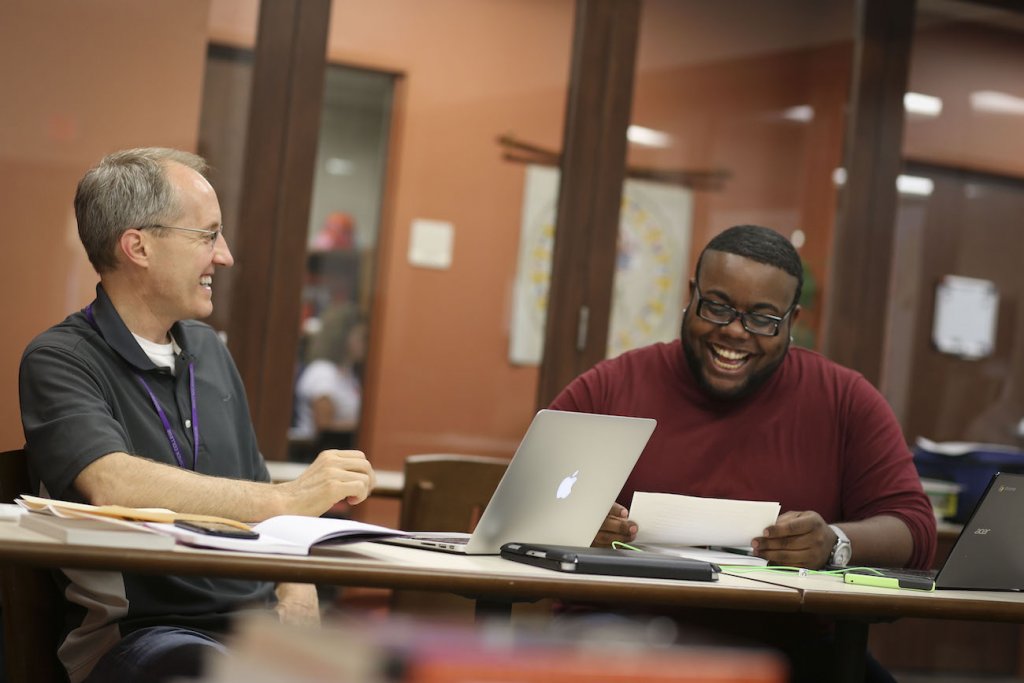

Goshen College to offer alumni a 10 percent discount on post-bachelor’s programs
Goshen College will begin offering a 10 percent discount on tuition for six post-bachelor's programs to GC graduates


Goshen College will begin offering a 10 percent discount on tuition for six post-bachelor's programs to GC graduates
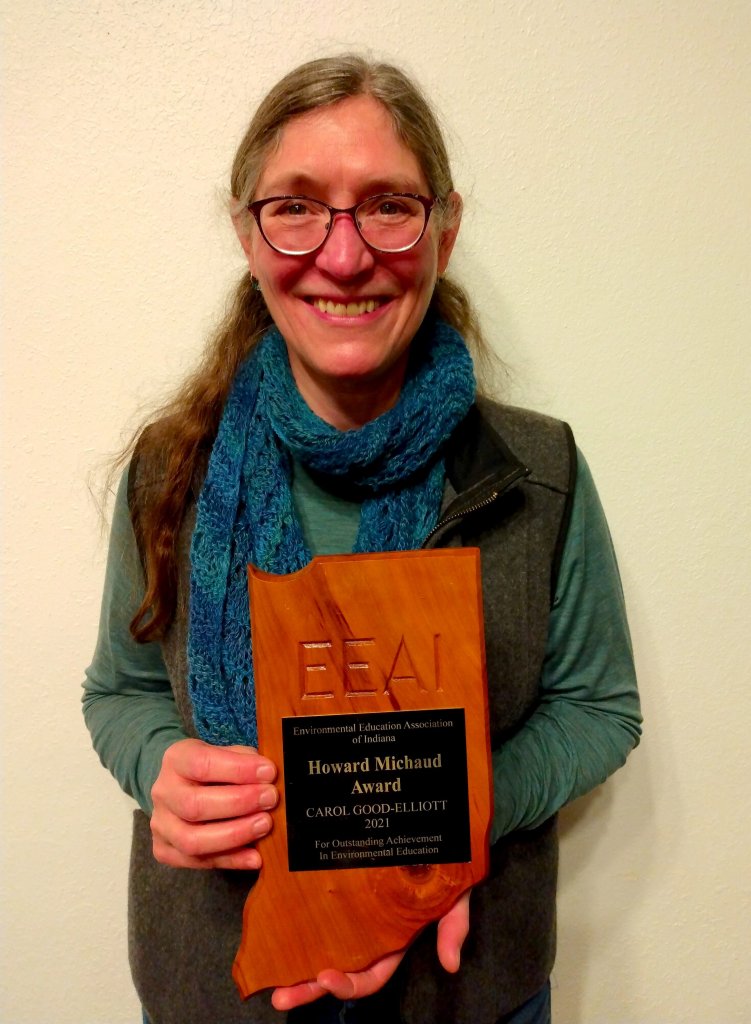

Carol Good-Elliott, longtime environmental educator at Merry Lea Environmental Learning Center of Goshen College, was awarded the Howard Michaud Award from the Environmental Education Association of Indiana (EEAI) for her lasting commitment in the field of environmental education.
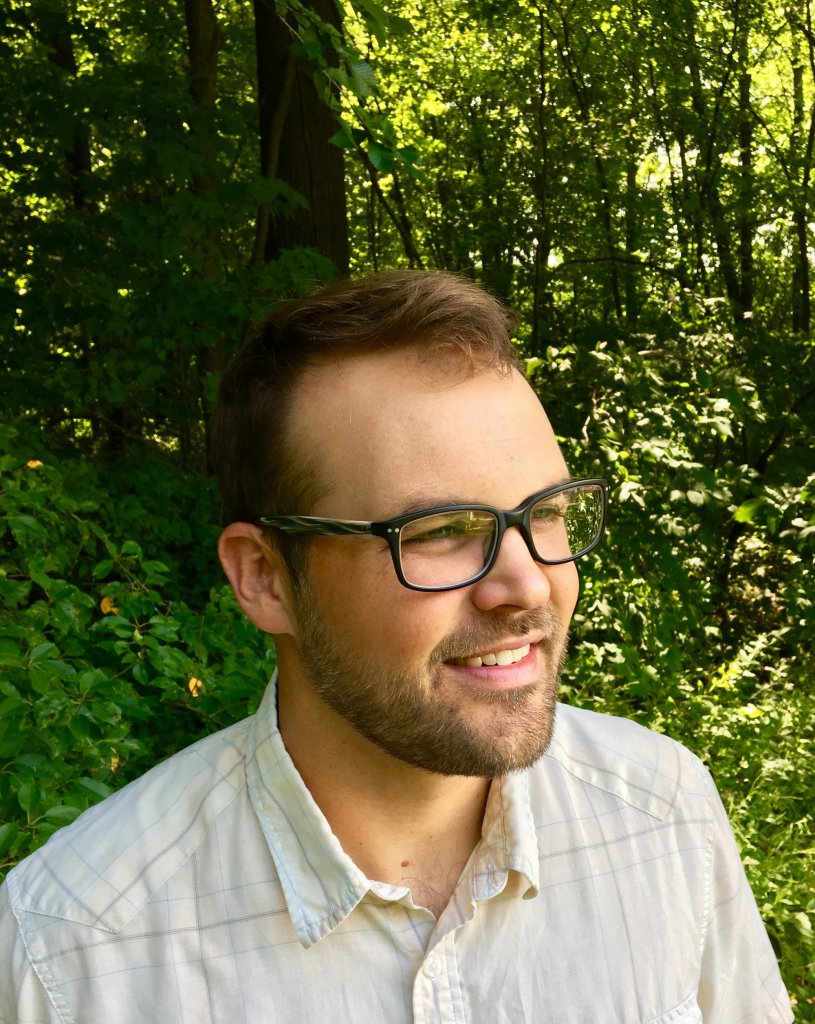

Joel Pontius, associate professor of sustainability and environmental education at Goshen College’s Merry Lea Environmental Learning Center, has been named the editor for Springer Nature's Environmental Discourses in Science Education Series.
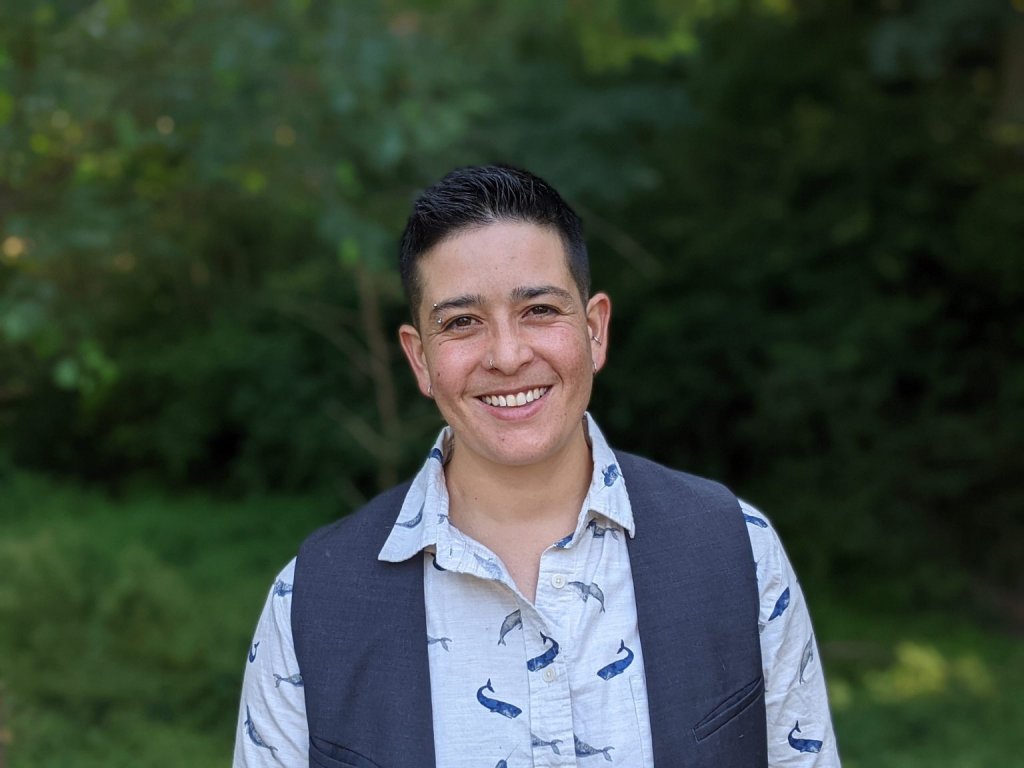

Nayla Jiménez-Cabezas '03 joined the Washington Farmland Trust team in July as a Program Associate to support our Fundraising and Farmer to Farmer programs.
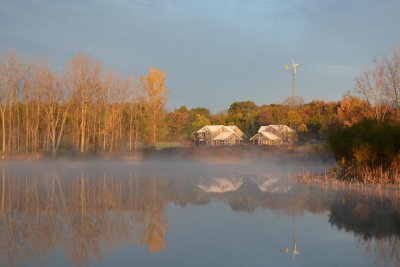

From a marine biology station in the Keys to over a thousand acres of environmental preserve, Goshen College’s on-the-ground programs will exceed the expectations of aspiring environmentalists everywhere.
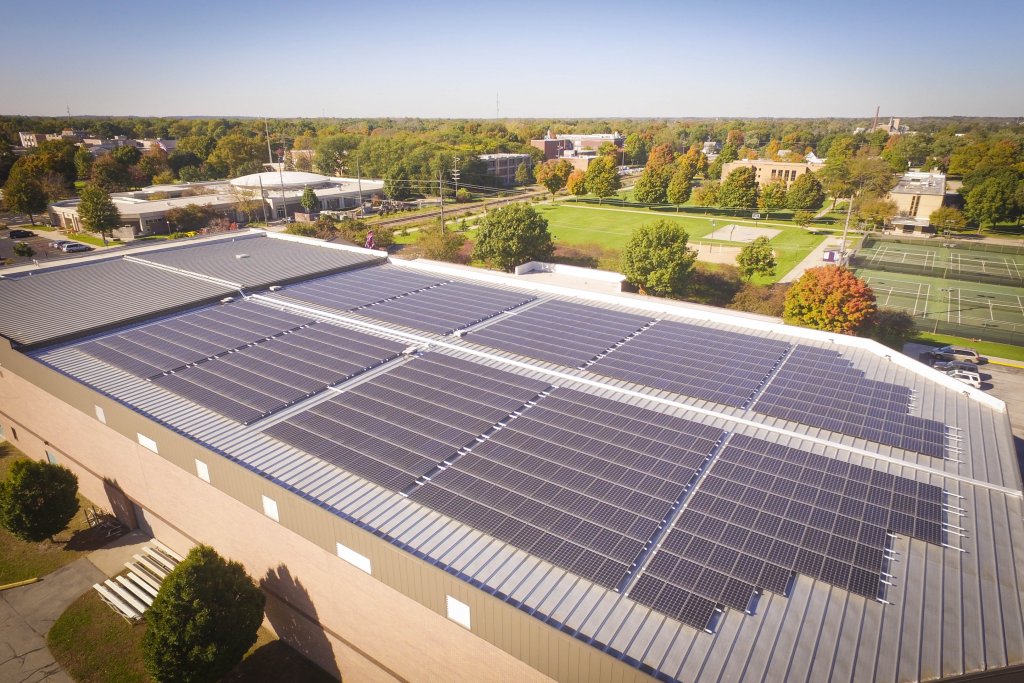

Goshen College is one of the nation's most environmentally responsible colleges, according to The Princeton Review.


“How do we integrate places more intentionally into our lives and our lives more consciously into places,” is the question at the heart of Joel Pontius’ first book, “Place-based Learning for the Plate,” which explores 21st century stories of hunting, foraging and fishing for food.
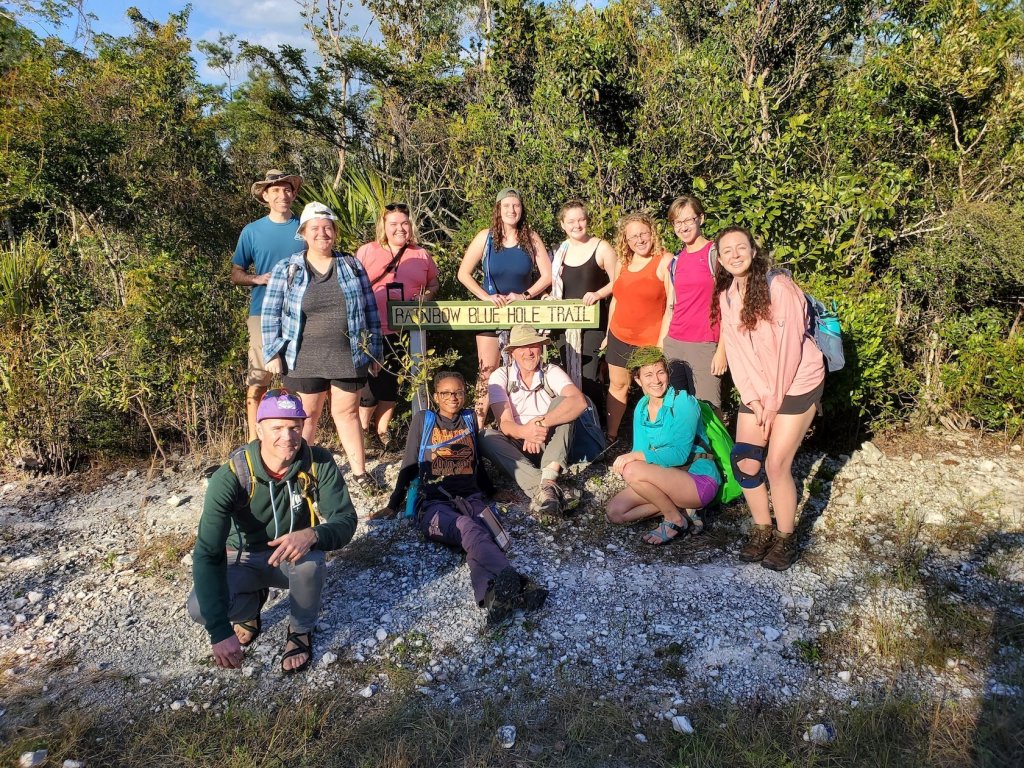

For 21 days, students in Merry Lea’s Master of Arts in Environmental Education learn about a subtropical ecosystem and then work with six elementary schools to get kids outside and connect them to their environment. Every year, I am amazed by how much they absorb.
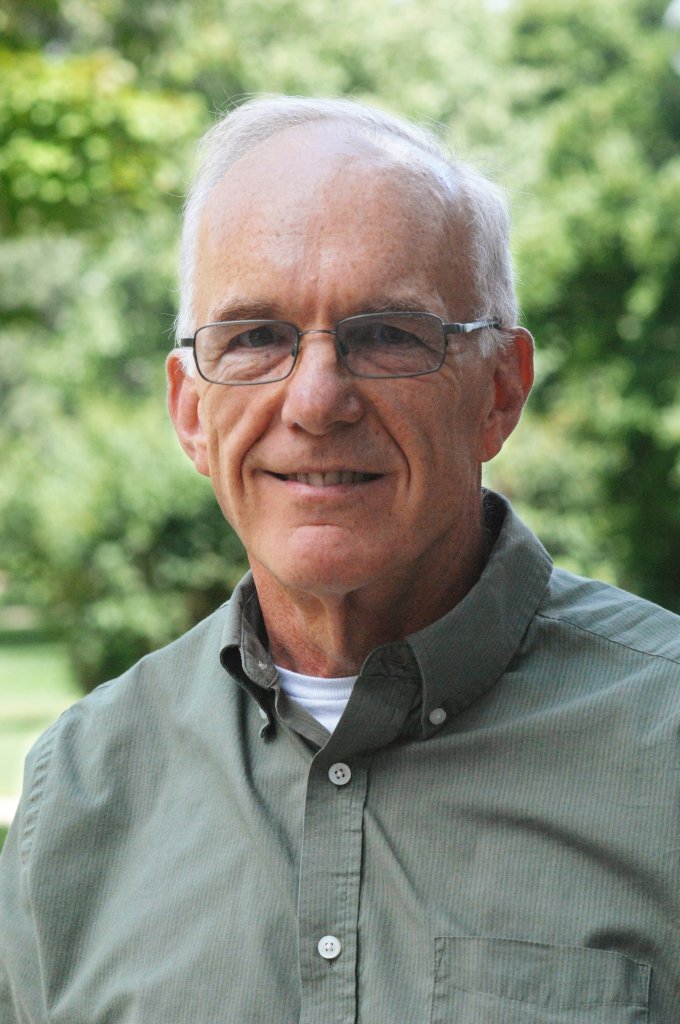

Luke Gascho, former director of Merry Lea Environmental Learning Center of Goshen College, is the recipient of the 2019 Howard Michaud Award from the Environmental Education Association of Indiana.


Although the ethics around eating meat can be polarized, experiencing how our food comes to us—and the processes and relationships around it—can help us understand our places, others and ourselves.
